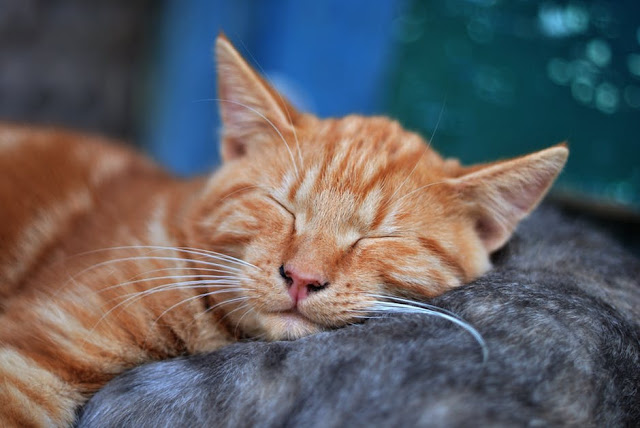Do You Have a Sleep Disorder?
By: Christine Hammond LMHC
At first
glance, Megan appeared to have ADHD. She couldn’t sit still, struggled to
focus, was easily distracted, and frequently forgot things. She even convinced
a doctor that she had ADHD and took some medication which only made matters
worse, not better. Frustrated and confused, she became worried that she had a
more severe mental disorder and thought she was losing her mind.
One of the
commonly overlooked areas in mental health is sleep disorders. A person can
appear to have depression, anxiety, ADD/ADHD, thyroid problems, and chronic
fatigue syndrome when actually they have a sleep disorder. This was true for
Megan who actually had narcolepsy and not ADHD. When she took the stimulant
medication, this made her sleep patterns worse resulting in an increase of her
symptoms.
To help
sort through the possible sleep disorders, it is best to be evaluated by a
sleep expert. Their analysis is far more thorough through use of a sleep study
and other testing. Being able to pinpoint the specific type of disorder saves
time, money and frustration. Here is a list of sleep disorder symptoms designed
to be used with a person who might not be aware they might have a sleeping
problem.
_____ 1.
Complaints
that your snoring is extremely loud.
_____ 2.
Difficulty
waking up in the morning even after several alarms.
_____ 3.
Hallucinations,
muscle deterioration, and fainting during the day.
_____ 4.
Difficulty
staying asleep.
_____ 5.
After
traveling, has a headache, nausea, tired, and unable to sleep.
_____ 6.
Walking
in your sleep.
_____ 7.
Difficulty
staying awake during the day.
_____ 8.
Unable
to move upon waking for a long period of time.
_____ 9.
Difficulty
falling asleep.
_____ 10.
Need
more sleep during wintertime.
_____ 11.
Acting
out sexually while still sleeping.
_____ 12.
Screaming
or fighting while sleeping.
_____ 13.
Falling
asleep during conversations, walking, driving, or working.
_____ 14.
Unwanted
physical action during sleep.
_____ 15.
Daytime
moodiness and difficulty concentrating.
_____ 16.
Strong
and long dream cycles.
_____ 17.
Pattern
of sleeping less than 6 hours a night.
_____ 18.
Pattern
of sleeping more than 9 hours a night.
_____ 19.
Talking
during sleep.
_____ 20.
Hearing
loud sounds while sleeping that are not occurring.
_____ 21.
Frequent
nightmares.
_____ 22.
Sleep
feels poor and light.
_____ 23.
Jerking
awake, startled responses.
_____ 24.
Lower
legs burn, ache, twitch, itch, and tingle while falling asleep.
_____ 25.
Pattern
of going to bed earlier and waking up earlier.
_____ 26.
Pattern
of going to bed earlier and waking up later.
_____ 27.
Hallucinations
while falling asleep.
_____ 28.
Hitting
or attacking partner during a sleep cycle.
_____ 29.
Frequently
waking up during the night.
_____ 30.
Unsure
of location upon waking up.
_____ 31.
Snorts,
chokes, or gasps during sleep.
_____ 32.
Leg
cramps during the night.
_____ 33.
Difficulty
going back to sleep.
_____ 34.
Dreaming
immediately upon falling asleep.
_____ 35.
Wake
up with chest pains, dry throat, nasal congestion or short breath.
_____ 36.
Needing
to consume pills to sleep on a regular basis.
_____ 37.
Pauses
in breathing while sleeping.
_____ 38.
Acting
out dreams during sleep cycle.
_____ 39.
Strong
desire to move your limbs while sleeping.
_____ 40.
Unsatisfactory
sleep upon waking.
Checking
any one of these items, could indicate a sleep disorder and should be followed
up with a sleep expert. Sadly, sleep disorders have become the forgotten area
of mental health yet it constitutes a third of a person’s day.
To schedule an appointment with Christine Hammond,
Please call our office at 407-647-7005.



